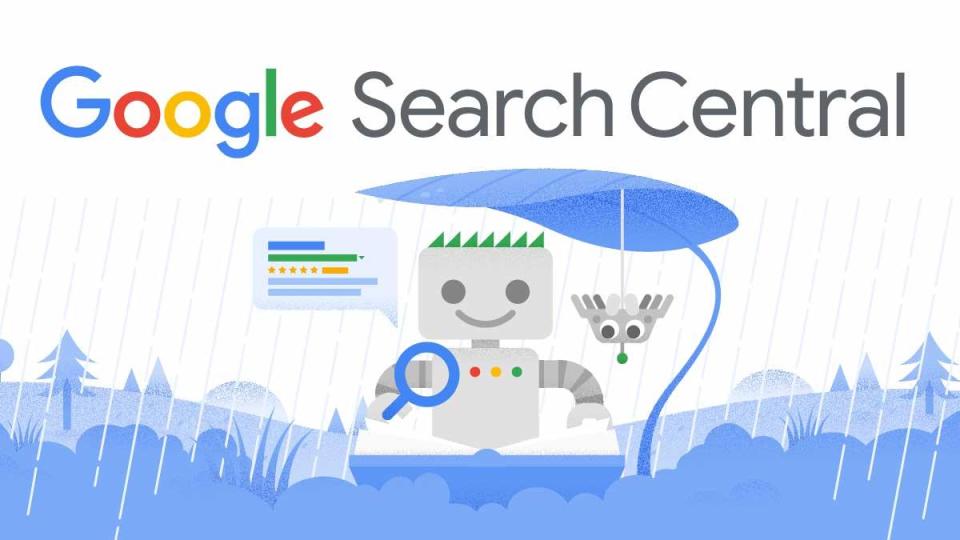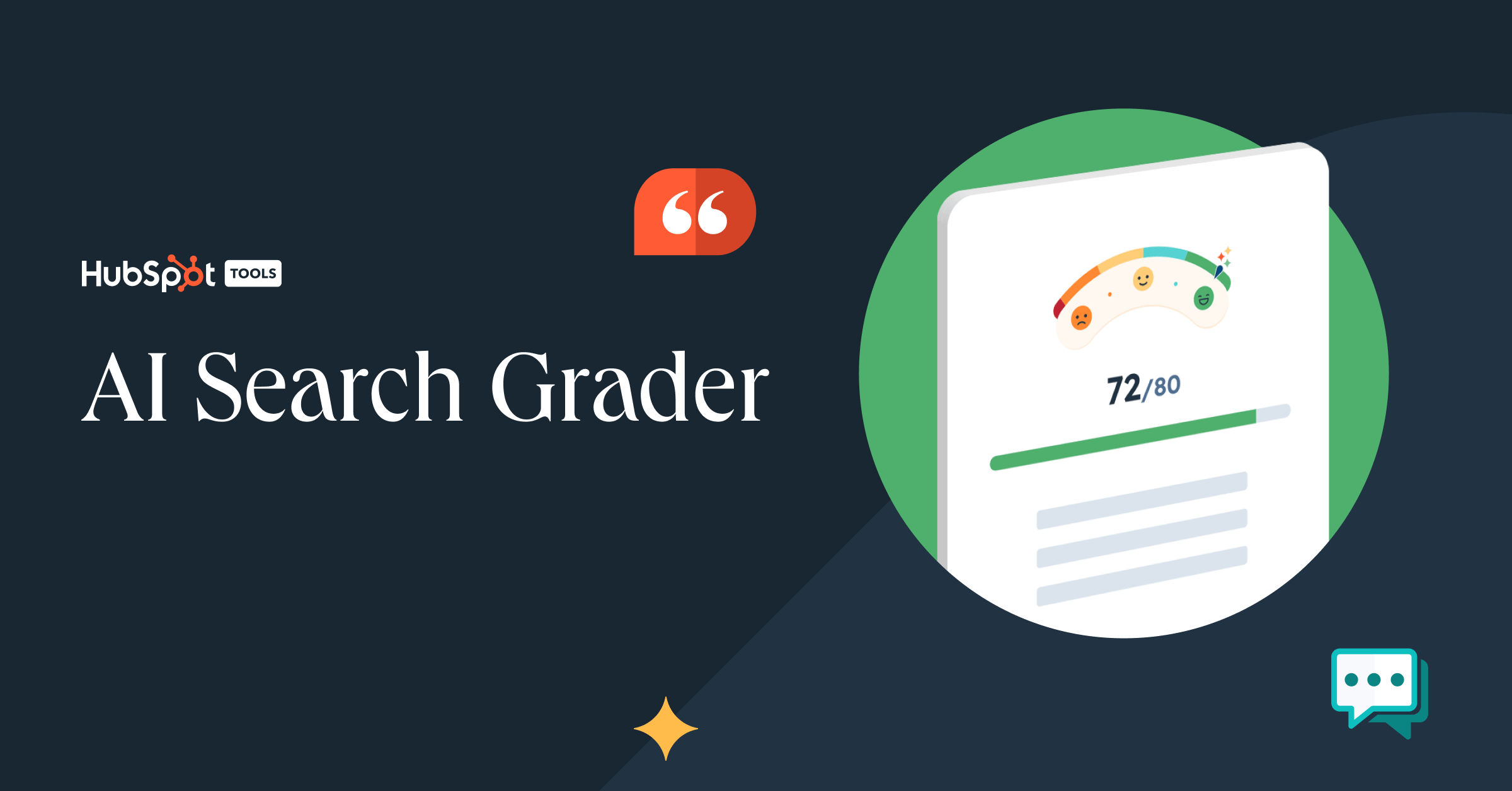- The SEOs Diners Club
- Posts
- 🔥 The SEOs Diners Club - Issue #130 - Weekly SEO Tips & News
🔥 The SEOs Diners Club - Issue #130 - Weekly SEO Tips & News
Here are the weekly SEO insights for the SEOs Diners Club members.

Welcome to another insightful week with The SEOs Diners Club newsletter. Leveraging over a decade of SEO expertise, I aim to distil the week's most critical developments into a concise read that will take less than seven minutes. Let's dive into the insights that matter.
Google August 2024 Core Update Highlights Quality
Google’s August 2024 core update rewards high-quality sites by targeting low-quality SEO content.

Google has launched the August 2024 core update. This update aims to push low-value SEO-focused content back in search results while emphasizing high-quality, user-friendly content. The full rollout of the update is anticipated to take about a month. Google announced this update via the X platform and shared the details on its blog.
Today we released the August 2024 core update. It continues our work to improve the quality of our search results by showing more content that people find genuinely useful and less content that feels like it was made just to perform well on Search.
— Google Search Central (@googlesearchc)
2:59 PM • Aug 15, 2024
This core update focuses on increasing visibility into content that users find genuinely helpful.
Google noted that it considered feedback from content creators and other stakeholders for this update. It also reiterates its commitment to highlighting quality content from a variety of sources, including smaller, independent websites. This update aims to reflect better the positive changes websites are making.
According to the Google Search Status dashboard, the full rollout of this core update could take up to a month.
The gradual rollout is typical for major updates of this type, allowing time for the changes to propagate effectively across Google's more extensive index.
Along with this core update, website owners and SEO professionals can also access Google’s help documentation on core updates. This guide provides more detailed information for website owners who may see a change in their rankings after the update.
Core updates often shake up industry search engine results pages (SERPs). Google doesn’t offer quick fixes for ranking drops; instead, it emphasizes the importance of creating original content. As the update's effects unfold, SEOs and site owners should closely monitor their metrics and align their content with Google’s focus on user value.
Along with the August 2024 update, Google has also updated its guidance on core algorithm updates. These new documents offer more actionable advice for website owners and SEO professionals. Notable changes include new sections evaluating traffic drops and analyzing significant ranking changes using Search Console.
Finally, while this core update is ongoing, Google has confirmed an issue with a separate ranking bug. This bug is unrelated to the core update, and Google is actively working on a fix as it determines the root cause of the issue.
In short, you may experience fluctuations in rankings at this time. So I think it would be better to remain calm. As the findings regarding this algorithm update emerge, I will continue to share them with you in the following newsletters.
Google Expands AI Overviews to 6 New Countries
Google has rolled out AI Overviews in the UK, India, Japan, Indonesia, Mexico, and Brazil and is testing a save function and in-text links.
Google has announced that it has expanded its AI Overviews feature, which was launched in the US in May, to six new countries. The feature is now available to UK, India, Japan, Indonesia, Mexico, and Brazil users.
AI Overviews, a feature that summarizes and presents search results to users, is a significant revolution in Google’s search engine. Its introduction in new countries has sparked controversy among content creators and publishers. While Google claims that AI Overviews drive more site visits, industry experts are sceptical about how this will affect content creators in the long run.
With the new updates, users can save specific AI Overviews and be taken directly to relevant websites via experimental in-text links within those briefs. There is also an option to simplify the language of some briefs. Google reports that users are asking extended questions and exploring more complex topics, but independent verification of these claims has not yet been conducted.
What Are The Potential Consequences For Publishers?
The potential implications for publishers are still unclear. Google says clicks from AI Overviews are “higher quality,” and users spend more time on the sites they visit. However, the addition of in-text links and the new link appearance raise questions about how they will affect users' interactions with search results and navigation to external sites. SEO experts are concerned that AI-generated summaries could reduce the need for users to click through to sources.
Google’s rollout of AI Overviews in six new countries represents the next step in its search engine transformation. We don’t know how this feature will be received across languages and cultural contexts. I predict this feature could be available in Turkey around the end of the year, around the fourth quarter. I’ll keep you posted.
Content Generation with Artificial Intelligence: Creativity or Plagiarism?
Does content generation with AI support creativity or create a risk of plagiarism? Discover the role of AI in content generation processes and its ethical dimensions.
The line between inspiration and plagiarism is becoming increasingly blurred with the increasing use of AI tools in SEO-driven content creation. So, should creating AI content be considered plagiarism, or is this the next step in the evolution of creative collaboration?
How does AI content creation work?
Let's examine how AI generates content. AI uses technologies such as machine learning (ML), natural language processing (NLP), and natural language generation (NLG) to generate content. Machine learning is the foundation of AI, enabling it to learn language patterns and context. Natural language processing helps it understand human language, while natural language generation uses this knowledge to create new texts.
Plagiarism is generally defined as using someone else's ideas or expressions without permission (plagiarism). The data that AI uses to generate content is the original work of others. However, this technology learns based on putting words together and creating new content rather than directly copying. For example, the Jasper platform takes extraordinary measures to guarantee its users that their content is plagiarism-free.
How original can AI-generated content be?
Artificial intelligence is trained on large data sets, which in turn are based on the opinions of others. In theory, the texts generated by AI are not a direct copy of the data sets it is trained on, but in some cases, the content generated by AI can be a very close copy of original ideas. Nevertheless, AI-powered tools such as Jasper and Grammarly minimize this risk, with 99.98% of content being plagiarism-free.
AI Content Production and Ethical Responsibility
Instead of uploading AI content to your site as it is, uploading it after updating it to reflect your experience and thoughts is critical. Going beyond this, I think “humanizing” AI content is another essential work that needs to be done. If you do these things, the content you produce with artificial intelligence will not be plagiarized but will turn into original content that reflects your views.
Assess Your Brand Visibility in AI Search Results
With HubSpot's free tool, analyze your brand’s visibility on AI-powered search engines. Discover your weak spots and increase your brand awareness and perception.
This week, I tested HubSpot’s new free AI Search Grader tool, which lets you evaluate your brand's perception and voice in GPT-4o results.
What is HubSpot’s AI Search Grader?
AI Search Grader is a free tool that analyzes your brand for today’s AI search engines. Optimization alone is no longer enough for traditional search engines. Your potential customers are turning to ChatGPT, Perplexity, and other AI search engines. If your brand is not appearing in AI search results, you are missing out on reaching your target audience.
This tool helps you understand how your products or services are perceived by AI models and identifies areas for improvement in your search performance.
For example, when I tested our brand “Stradiji”, it scored 32. This score means that AI-powered search engines do not know our brand well enough.


Just enter your website and briefly describe your products or services, then get a free analysis of your brand’s visibility and perception in AI search engines. Currently, we only show GPT-4o results, but more AI-powered search engines will be added soon.
Maximize Your AI Search Performance
Understanding how and to what extent your brand appears in AI search results is the first step toward strengthening your online presence. AI Search Grader can help you learn where your brand is doing well and where you can improve. This will provide valuable insights to shape your marketing strategy and increase brand awareness. By understanding what is working and what is not, you can identify growth and investment opportunities and strengthen your brand perception.
How to Build Successful Relationships with New Google Ads Customers
Discover the eight key questions you need to ask to build strong relationships with your PPC clients. Customize your strategy to get measurable results.

Establishing a new PPC client relationship can always be stressful. You may not know their business well since you’ve just started working together. On the other hand, your client’s trust in you is also relatively low because the relationship has only just begun. This can put a lot of pressure on you to perform.
The first few months of a new client relationship at Stradiji feel like exams in school; you have to show the client, the “teacher,” that you know what you’re doing. If the first few months are the exam, the first week is the lesson — and the best way to learn in class is to ask lots of questions.
That's what we do: We ask the client as many questions as we can about the business, the goals, and the industry. That way, we can use our marketing knowledge to help our clients achieve their goals.
Here are eight questions you can ask to start this process:
1. What are your business goals?
When creating a marketing strategy, you need to know your client’s goals. Strategies can vary greatly depending on the goals, so it is vital to be clear on them before developing your PPC strategy.
2. Who is your target audience?
The primary purpose of marketing is to put the right product in front of the right people at the right time. Therefore, knowing who you want to communicate with is a significant advantage when determining your ad copy and placements.
3. What sets you apart from your competitors?
After determining your target audience, you need to know the features that differentiate your customer's product or service from its competitors. These distinguishing features will ensure that your target audience prefers your product.
4. What is your marketing budget?
Before you create a strategy, you need to know what budget you will be working with. You may need to be more cautious with a small budget than a large one.
5. When are the busiest/most challenging times of the year?
Every business has some seasonality. Knowing these peak times will help you budget accordingly.
6. Who are your main competitors?
Knowing your competitors will help you understand how your customers see their business. You can then use their advertising strategies to develop your own.
7. What is the lifetime value of a customer?
Tracking customer lifetime value rather than one-time sales allows you to evaluate the performance of your ads more accurately.
8. How quickly do you expect results?
Being on the same page with your client about timing and ongoing optimizations is crucial to a successful long-term relationship.
Starting new PPC client relationships with the right questions is the foundation for successful collaboration. These questions will help you customize your strategy and make both parties feel secure. The more questions you ask, the better!
Recommended Tools & Services
WhitePress: WhitePress is a content marketing platform that enables accessible article publishing across 90,571 websites in 30 languages, offering native copywriting and automated global publication services.
Cannibalization Explorer Looker Studio Report is a tool for identifying keyword cannibalization and providing insights into how keywords perform across different pages.
SurferSEO is a tool for creating and optimizing content for SEO. It analyzes the top-ranking pages for your target keywords and gives you suggestions on how to improve your content. Surfer AI also has a feature that can generate ready-to-rank articles in minutes.
Copilot Pro: Copilot Pro is available for $20/month for cloud-based GenAI models and $27/month with Microsoft 365. It is integrated with Microsoft 365 applications and provides access to GPT-4 Turbo and advanced AI rendering tools.
AlsoAsked is a helpful tool that can boost your visibility in the “People Also Ask” section of Google's search engine results page.”
Semrush Map Rank Tracker is a Google-changing tool for local businesses looking to dominate their niche and attract more customers. I've been using the free version for a while now, and I'm impressed with its ease and effectiveness.
ContentShake AI is an intelligent writing tool that combines AI with real-life competitor insights. It guides you from ideation to publishing directly to the blog, generates SEO-friendly articles, and helps you optimize them for organic traffic and engagement.
Microsoft Clarity has recently introduced a feature called Copilot, which incorporates Generative AI through Large Language Models (LLMs) into the analytics tool. This integration aims to make data more accessible and understandable for users by leveraging the same technology created by OpenAI, which powers the new Bing or ChatGPT.
InLinks is an SEO tool that uses a knowledge graph to optimize content for search engines. It automates internal linking and schema markup, simplifying SEO processes and content strategies.
Subscribe to my newsletter to stay informed about the latest in SEO and digital marketing. Next week, I'll continue to share the newest insights, tactics, and strategies for navigating the ever-evolving digital marketing landscape.
Support My Newsletter:
If you find my content valuable, consider buying me a coffee to support my work. Your contribution will help me continue sharing the latest SEO developments. Let's achieve more together!
Best,
Mert Erkal



